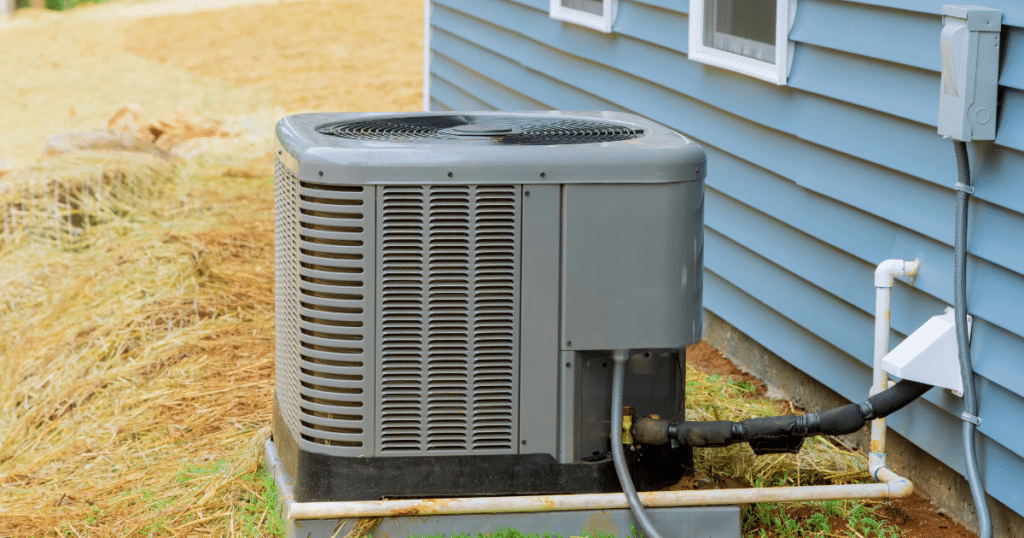When summer temperatures soar in Virginia Beach, your home’s HVAC system becomes your first line of defense against the heat. But did you know that the size of your system plays a major role in both your indoor comfort and your energy bills? At Miller’s Heating and Air Conditioning, we often find that homeowners are unaware of how important proper HVAC sizing really is—until problems arise.
Let’s take a closer look at why HVAC size matters and how it can affect your home during the hottest months of the year.

Why HVAC Sizing Matters
HVAC “sizing” refers to how much heating or cooling capacity your system has. It’s not about the physical size of the unit, but rather its ability to handle the temperature load of your home. An undersized or oversized unit can lead to a range of issues, from inconsistent temperatures to excessive energy use and frequent repairs.
The key is balance: your system should be just powerful enough to cool your home efficiently without overworking or short cycling.
The Risks of an Undersized System
An undersized HVAC system simply can’t keep up with demand during peak summer heat. That means it will run longer and harder just to try and maintain your desired temperature. The result?
- Inadequate cooling: Some rooms may never feel fully comfortable.
- High energy bills: The system runs continuously without reaching peak efficiency.
- Increased wear and tear: Constant operation shortens the system’s lifespan.
- Humidity issues: If your unit can’t remove enough moisture, your home may feel sticky or damp.
Virginia Beach’s warm and humid climate only makes these issues worse, especially in older homes with outdated insulation or drafty windows.
The Risks of an Oversized System
On the flip side, an oversized HVAC unit might seem like a good idea—after all, more power means faster cooling, right? Not exactly.
Oversized systems cool the air too quickly, which may sound efficient, but it causes the system to short cycle—turning on and off more frequently than it should. This can lead to:
- Uneven temperatures: Some rooms may be too cold while others are still warm.
- Poor humidity control: Short cycles don’t allow the system enough time to dehumidify properly.
- Higher energy costs: Frequent starts and stops are energy-intensive.
- More frequent repairs: Components wear out faster due to constant cycling.
How to Get the Right Size HVAC System
At Miller’s, we perform professional load calculations to ensure we complete each AC replacement with the ideal size of HVAC system for your home. This includes evaluating factors like:
- Square footage
- Ceiling height
- Window and door placement
- Insulation levels
- Sun exposure
- Number of occupants
This detailed assessment ensures your HVAC system is perfectly matched to your home and lifestyle—delivering consistent comfort, better humidity control, and energy efficiency all summer long.
Long-Term Comfort and Savings
Proper HVAC sizing is not just a technical detail—it’s a key factor in your family’s comfort and your long-term energy savings. A well-sized system runs more efficiently, lasts longer, and keeps your indoor air fresh and cool, even during Virginia Beach’s hottest and most humid days.
Is Your HVAC System the Right Size? Let Miller’s Help.
If you’ve noticed your home isn’t cooling evenly or your energy bills are unusually high, your HVAC system may not be properly sized. Contact Miller’s Heating and Air Conditioning today to schedule an inspection or a free replacement estimate. We’ll help you find the perfect solution for maximum comfort and cost-efficiency this summer.